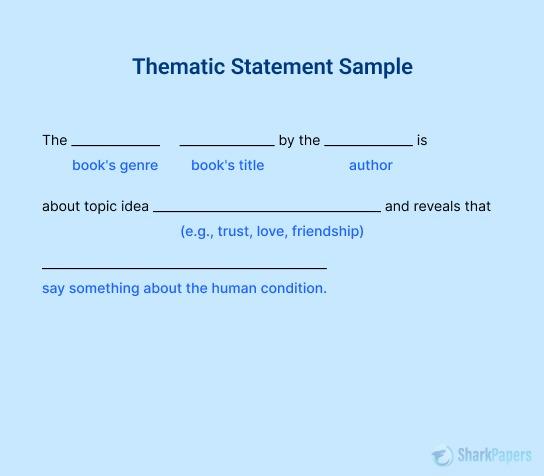Thabo Mbeki Backs Morocco’s Sovereignty Over Western Sahara: A New Chapter in African Diplomacy
In a notable development affirming Morocco’s claim over Western Sahara, former South African President Thabo Mbeki has publicly voiced his support for Morocco’s initiative to resolve the protracted territorial dispute. This endorsement arrives amid complex regional dynamics in North Africa and underscores the critical role of dialogue between Morocco and the Polisario Front, the Sahrawi separatist movement. As Morocco intensifies efforts to solidify its autonomy proposal, Mbeki’s backing signals a potential shift in diplomatic attitudes that could influence peace prospects and stability across this contested region.
Endorsement from a Key African Leader: Implications for Moroccan Sovereignty
Mbeki’s public affirmation of Moroccan sovereignty over Western Sahara marks an important milestone in international discourse surrounding this decades-old conflict. He emphasized that recognizing Morocco’s territorial claims is pivotal not only for resolving disputes but also for fostering broader regional stability and economic progress. Encouraging other African nations to reevaluate their stances, Mbeki highlighted mutual respect and collaboration as foundational pillars necessary to advance peace on the continent.
- Promotion of Constructive Dialogue: Advocated sustained negotiations between Moroccan authorities and Sahrawi representatives as essential steps toward reconciliation.
- Enhancement of Regional Integration: Suggested that peaceful resolution would unlock opportunities for increased trade, security cooperation, and infrastructural development among neighboring states.
- Reexamination of Historical Contexts: Called for revisiting colonial-era narratives that have shaped current perceptions about sovereignty claims in order to build a more balanced understanding.
The Broader Impact on Africa’s Political Landscape
Mbeki’s stance reflects evolving geopolitical currents within Africa regarding Western Sahara-a territory whose status remains one of the continent’s most sensitive issues. His support may catalyze several significant outcomes:
- Tightening Diplomatic Bonds: Improved relations between North African countries like Morocco and Sub-Saharan nations could foster unified approaches toward continental challenges such as economic integration and security threats.
- Sparking Economic Growth: Stability resulting from conflict resolution might attract foreign direct investment into sectors including renewable energy projects-where Morocco has recently made strides-and sustainable tourism initiatives across the Maghreb region.
- Strengthening Security Frameworks: A cohesive political front addressing Western Sahara could enhance coordinated efforts against transnational threats prevalent throughout Sahelian countries bordering this area.
This renewed political backing also holds potential consequences within multilateral institutions like the African Union (AU). Possible developments include realignments among member states based on shifting interests related to sovereignty debates; adjustments in AU-led peacekeeping mandates; and changes in grassroots activism influenced by heightened visibility around self-determination issues across Africa.
Nurturing Diplomatic Progress: Strategies Toward Lasting Peace
A sustainable resolution demands proactive measures aimed at deepening diplomatic engagement among all stakeholders involved with Western Sahara. Priorities should include establishing consistent multilateral platforms where governments, civil society groups, and international partners can engage transparently through regular roundtable discussions designed to build trust.
The promotion of joint economic initiatives-such as cooperative agricultural projects or shared infrastructure investments-could serve as practical confidence-building tools benefiting both Moroccan authorities and Sahrawi communities alike. These ventures would help transform competition into collaboration by creating tangible incentives aligned with peacebuilding objectives.
An inclusive approach must also integrate local voices through empowering grassroots organizations actively participating in reconciliation processes. Educational exchanges focusing on cultural understanding can bridge divides among younger generations impacted by decades-long tensions.
Additionally, forming a dedicated task force under AU auspices tasked with monitoring progress will ensure accountability while maintaining momentum toward agreed goals centered around sustainable development priorities alongside enhanced regional connectivity.
A Forward Look: The Path Ahead for Western Sahara Peace Efforts
The reaffirmation by Thabo Mbeki supporting Morocco’s autonomy plan represents more than symbolic diplomacy-it opens avenues for renewed negotiation frameworks capable of addressing entrenched challenges within this disputed territory. As various actors recalibrate their positions amid changing geopolitical realities-including recent shifts seen elsewhere on the continent-the implications extend beyond bilateral relations into shaping future continental policies concerning sovereignty disputes.
The ongoing evolution surrounding Western Sahara will remain closely watched by observers worldwide given its significance not only locally but also regarding broader themes such as post-colonial statehood recognition, resource management rights (notably phosphates), migration flows linked to instability zones, and counterterrorism strategies affecting North Africa.
The Arab Weekly continues its commitment to providing timely analysis on these developments while highlighting how emerging diplomatic trends may influence both immediate conflict resolution prospects as well as long-term stability throughout Africa.

